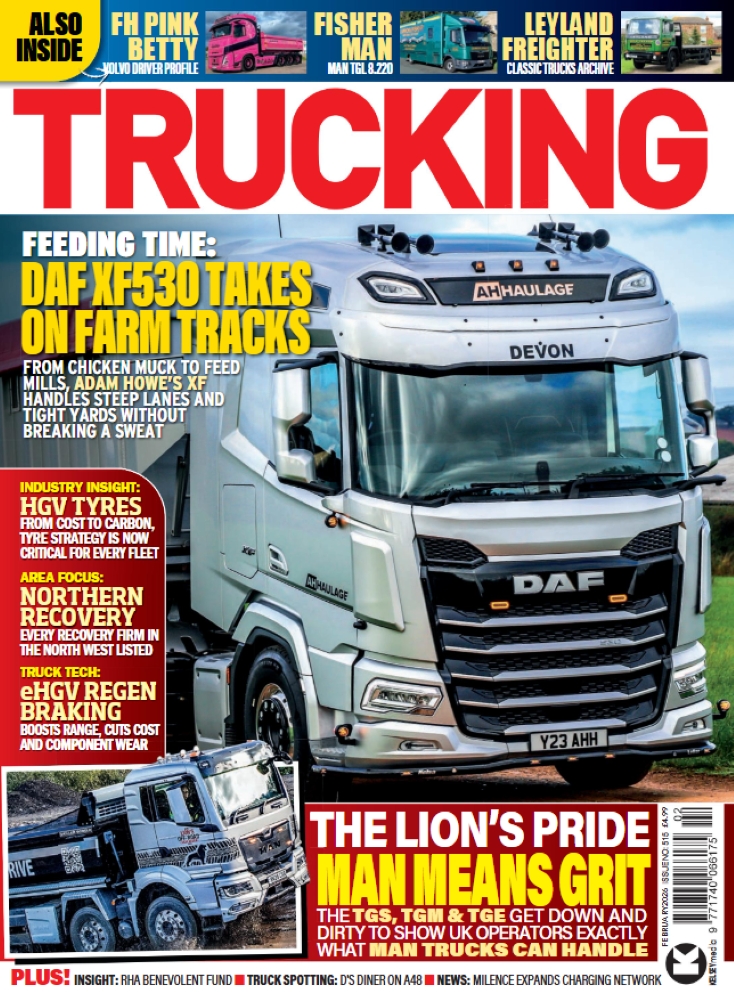The latest TEG price index data states road freight costs are continuing to head upwards.
Road transport businesses are forced to pass soaring operating costs onto customers as fuel costs stay high.
For example, June’s average price-per-mile for haulage and courier vehicles reached 18% more than three years ago.
In addition, it was the highest level it had been so far in 2022.
In the last year alone, the TEG index shows a year-on-year price-per-mile increase of 4.3 points.
This surge in what hauliers and couriers are charging comes against a backdrop of record-high fuel prices in the UK.
With fuel prices and inflation continuing to soar, road freight businesses are facing an ever-tightening squeeze on their profit margins.
Therefore, they are left them with little choice but to increase the price of their services.
As fuel represents over a third of a truck’s operating costs every penny counts.
Therefore, increases in fuel prices have a massive impact on businesses’ bottom lines.
The industry has called for an essential user rebate, which would cut fuel costs for hauliers.
Lyall Cresswell, CEO at Transport Exchange Group explained the problem around road freight prices.
“From operational costs to ongoing driver shortages, we hear about industry issues every day from our members.
“However, they’re coping admirably with the pressures and the constantly shifting landscape.”
Continuing, Cresswell said: “With consumer confidence at a record low, we may well see a slowdown in demand for road freight, as fewer people shop online.
“But this might actually give the industry a little breathing room, softening the impact of driver shortages and supply chain bottlenecks.
“Nobody really knows what the future has in store, but we’re obviously very keen to see an essential user rebate.”
Road freight prices on the increase as fuel costs rise






